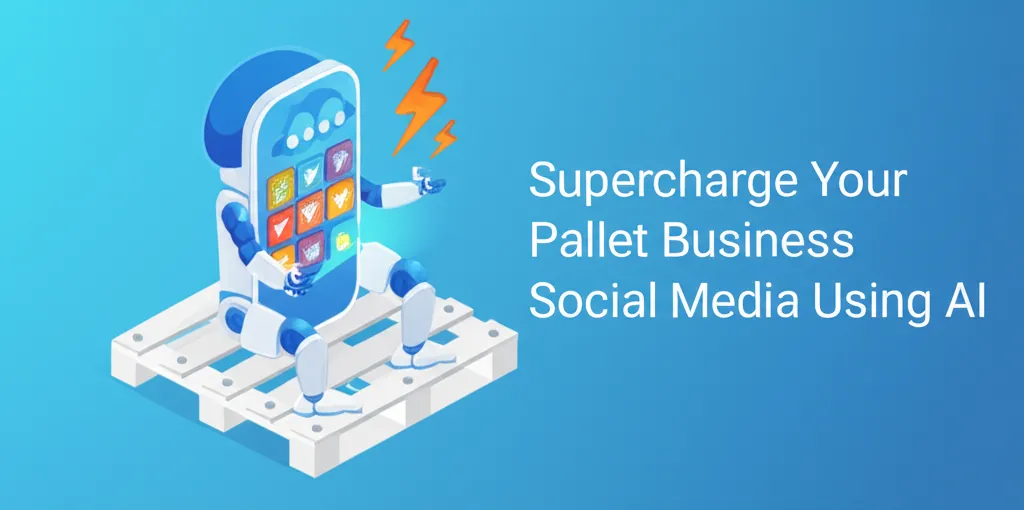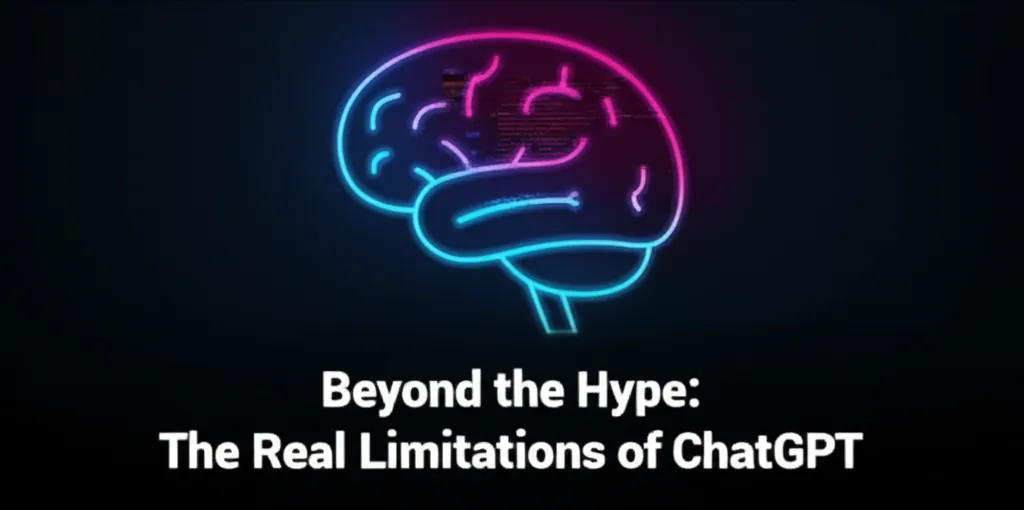Developer Offer
Try ImaginePro API with 50 Free Credits
Build and ship AI-powered visuals with Midjourney, Flux, and more — free credits refresh every month.
Think Your ChatGPT Chats Are Private Think Again
Are Your ChatGPT Conversations Truly Confidential
If you believed your discussions with ChatGPT were a private affair, it's time to reconsider. OpenAI, the creator of ChatGPT, has quietly confirmed that it reviews user conversations and, in critical situations, may share them with law enforcement if a risk to others is detected.
This clarification came in a recent blog post detailing the company's approach to handling potential violence. The announcement follows the tragic news of a teenager's suicide in California, which allegedly occurred after interactions with GPT-4o, prompting a closer look at the platform's safety protocols.
OpenAI's Policy on Monitoring Threats
OpenAI has outlined a specific process for handling dangerous content. When the company's automated systems flag a conversation where a user might be planning to harm other people, that conversation is escalated. It gets sent to a small, specialized team of reviewers trained to handle such cases.
“When we detect users who are planning to harm others, we route their conversations to specialised pipelines where they are reviewed by a small team trained on our usage policies and who are authorised to take action, including banning accounts,” OpenAI stated. “If human reviewers determine that a case involves an imminent threat of serious physical harm to others, we may refer it to law enforcement.”
A Clear Distinction Self Harm vs Harm To Others
Crucially, OpenAI draws a line between threats to others and instances of self-harm. The company has explicitly stated that it is “currently not referring self-harm cases to law enforcement to respect people’s privacy given the uniquely private nature of ChatGPT interactions.”
Instead of involving authorities for self-harm concerns, ChatGPT is trained to guide users toward professional help. For example, it directs users in the US to the 988 suicide and crisis hotline, users in the UK to Samaritans, and others to findahelpline.com.
The Privacy Fallout and Unanswered Questions
This revelation has understandably sparked concern among users, many of whom assumed their interactions were completely private. The policy also raises logistical questions. For instance, how does OpenAI accurately determine an individual's location to notify the correct emergency services? There's also the risk of impersonation, where one user could make threats while posing as someone else, potentially leading to an innocent person being mistakenly targeted by police.
This isn't the first time the confidentiality of these chats has been questioned. OpenAI CEO Sam Altman has previously warned that conversations with ChatGPT are not legally protected like those with a therapist and that even deleted chats might be recoverable for legal and security reasons.
Compare Plans & Pricing
Find the plan that matches your workload and unlock full access to ImaginePro.
| Plan | Price | Highlights |
|---|---|---|
| Standard | $8 / month |
|
| Premium | $20 / month |
|
Need custom terms? Talk to us to tailor credits, rate limits, or deployment options.
View All Pricing Details

